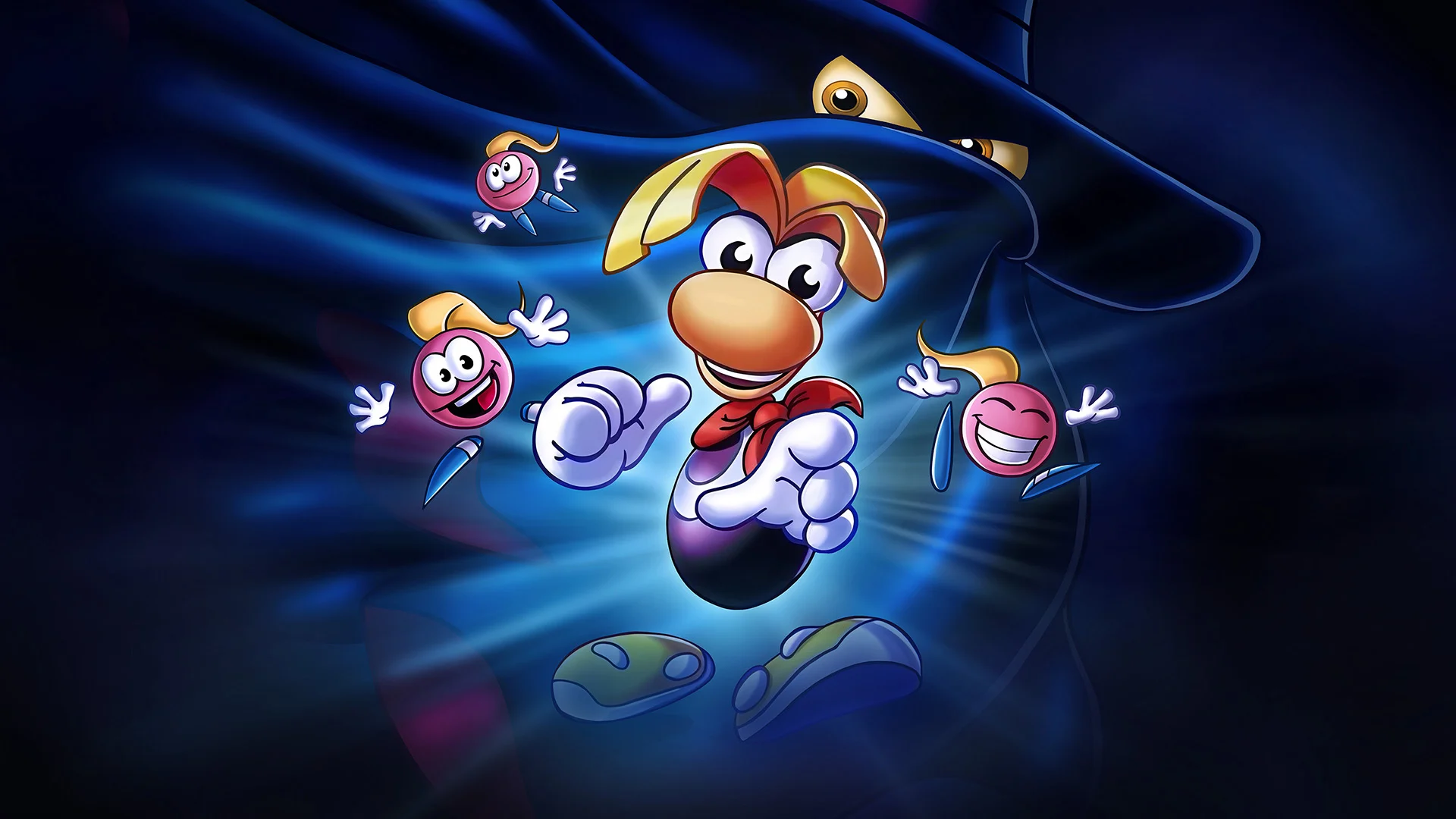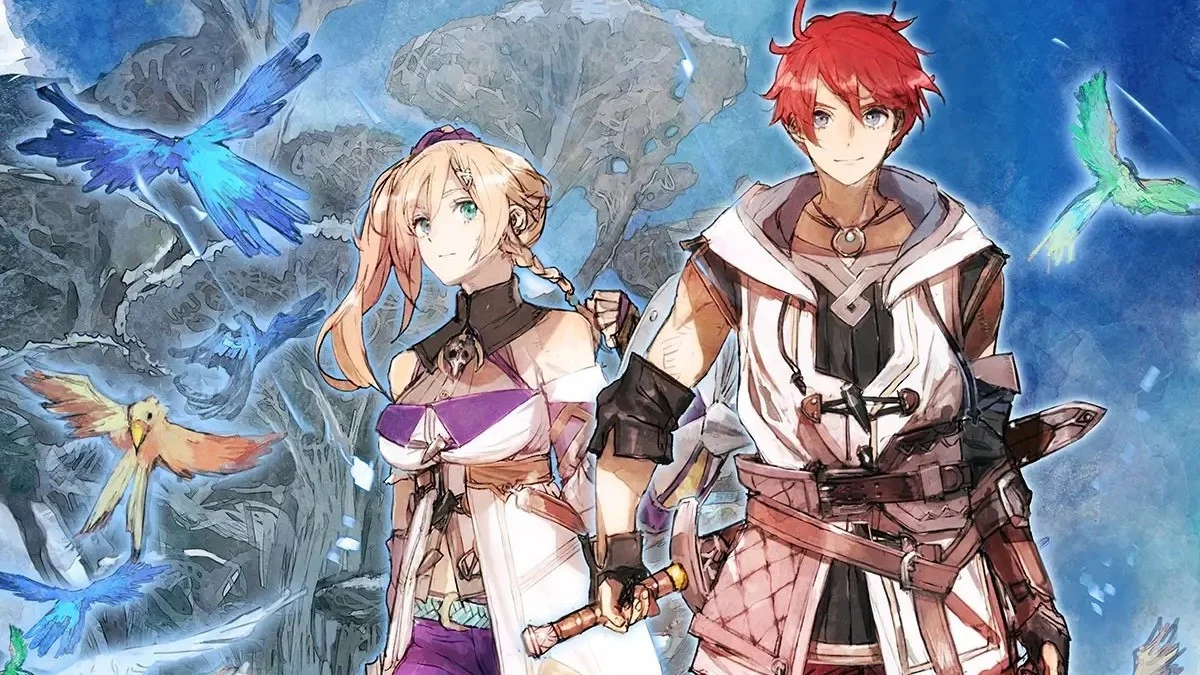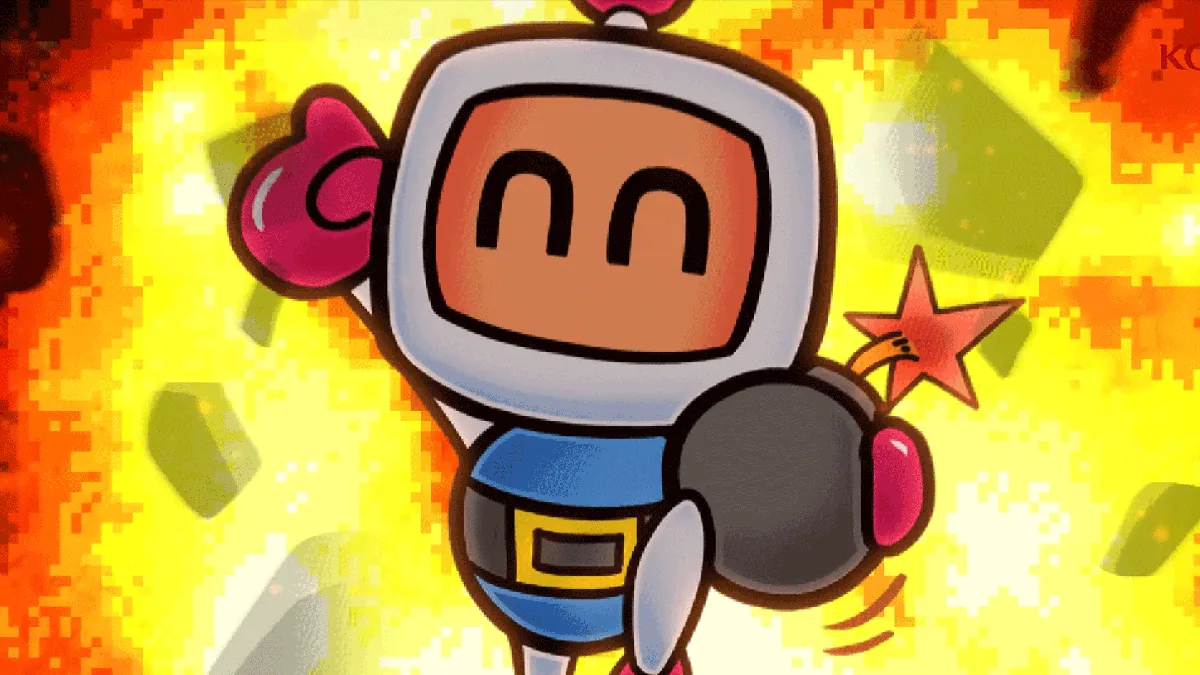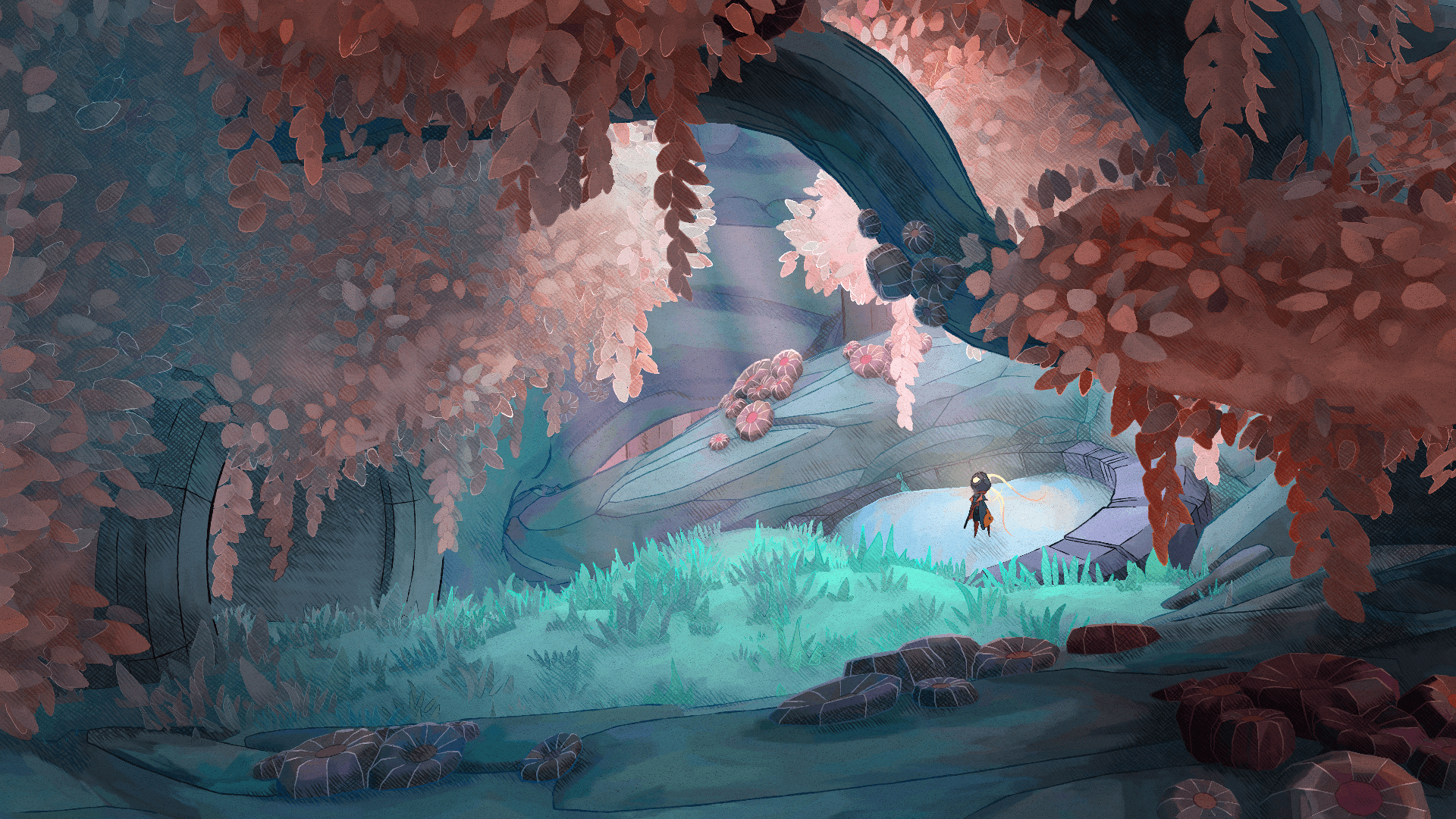I have found myself a great admirer of the Dishonored series since it sprung from obscurity in 2012. Dishonored is what some call an “immersive sim”, a term I dislike but which is nonetheless a useful means of describing the genre. Immersive sims are played from a first-person perspective where you live the role of the protagonist and borrow many elements from RPGs, stealth and sometimes horror games. But the defining characteristic of the genre is the fact that the gameplay is so open-ended and multifaceted. True immersive sims allow you to choose the way you play them, not force you down one route or the other. The Deus Ex series has historically been especially good at doing this, allowing you multiple options to tackle an objective along with a variety of ways to incapacitate or avoid enemies. Dishonored takes inspiration from both Deus Ex and Thief, and often manages to find the perfect balance between them. Dishonored: Death of the Outsider (DOTO) is a stand-alone expansion to Dishonored 2 which was released last year. I enjoyed Dishonored 2 considerably, eventually making it my Game of the Year. DOTO has all of the excellent gameplay we have come to expect from the series, coupled with some superb levels and remixes of old ones. However, it is a disappointment that the plot is somewhat botched, especially the handling of new protagonist Billie Lurk.

DOTO is set a couple of months after the end of Dishonored 2. Billie Lurk, a side character from the original Dishonored DLC The Knife of Dunwall, also made an appearance in Dishonored 2 where she assisted either Emily or Corvo (depending on who you played as). Here we find her still in Karnaca, seeking out her former assassin master Daud, who is wracked by guilt at all the lives he has taken. Daud has decided that ultimately, the Outsider (the shadowy figure from the otherworldly realm of The Void) is responsible for all of the pain and suffering he has caused. Daud reasons that had The Outsider not branded him with his mark and given him magical powers, he would not have gone on to murder the former Empress and so many others. The majority of the game then is taken in service of tracking down a weapon capable of killing the Outsider, along with discovering how to enter the realm of The Void where he resides.
The general plotline of DOTO is serviceable, but it criminally neglects to give Billie Lurk her own motivations to explain the action. While she understandably feels guilt for betraying Daud in The Knife of Dunwall, she doesn’t seem to have any of her own reasons for following through with Daud’s plan to kill the Outsider besides wanting to keep a dying man happy. A lot of the time, it seems like Billie is alone and friendless, but in fact she still has quite a few people (such as Antonin Solkolov) who do care about her. For most of the game she is pointedly going along with whatever Daud says, and it’s only at the very end where she challenges him and this can impact the finale. Still, despite the confused motivation, I did enjoy learning more about the Outsider, who has always been one of the most conflicting characters in the Dishonored universe. The voice acting from all quarters is excellent, especially Rosario Dawson as Billie herself.

The superb gameplay that was the hallmark of Dishonored 2 makes a welcome return here. Billie has access to a much more limited array of magical powers than either Emily or Corvo, and none of them can be upgraded independently. Furthermore, Billie has an automatically regenerating pool of mana, rather than requiring elixirs (an in-universe justification for their absence is a recall of the Addermire Solution). This was an excellent change, and leads to playing DOTO in a fairly different way than any of the previous Dishonored games. Additionally the Chaos system, which judges how many people you kill and impacts both how the world changes, is absent here. While I welcomed the changes to mana and magical powers, I think the Chaos system should have been retained, as it provides a useful bonus to very stealthy players. Further, the way the levels changed depending on your playstyle in Dishonored 2 was one of my favourite parts. Nevertheless, playing DOTO still feels as satisfying as ever, and the new magical powers are a delight. I especially enjoyed the Semblance ability, where Billie can steal the face of any NPC and temporarily become them, able to walk around without arousing suspicion almost like Hitman.
Bonecharms are back again and the same bone charm crafting returns from Dishonored 2. There are a lot more Corrupted Bonecharms added this time, which give a positive effect at the expensive of a negative effect. While I welcome the variety, I still never used any Corrupt Bonecharms given the general quality of others available. In terms of levels DOTO has approximately half the number of Dishonored 2, and uses a remix of one old one, The Royal Conservatory. Two missions take place partly in the same level of the Upper Cyria District, but the latter spends most of its time inside the Dolores Michaels Bank, where you take part in an excellently designed heist. The Upper Cyria level especially shows off Dishonored’s trademark level design, being an intricately detailed and interwoven set of squares and streets with various entrances and exits, apartments, balconies, rooftops and ledges to traverse and get lost in. Karnaca itself is still a fantastic world to explore full of little details and world-building elements such as newspapers and letters to read.

I hope that Dishonored: Death of the Outsider is not the end of the Dishonored series. Rumours have been circulating that Dishonored 2 did not sell as well as Bethesda had hoped (although I would say that could be in part due to the technical woes that plagued it when it initially launched more than anything else) and Arkane may not be allowed to make any more. This would be a shame, because Dishonored has been at the forefront in showing how gameplay and level design can work hand-in-hand to create immersive, inventive and exciting gaming experiences. It’s only ever that the storyline that has been letting the side down, and sadly Death of the Outsider does not buck this trend. But aside from that, Dishonored: Death of the Outsider is another stellar addition to the pantheon of immersive sims, and it is different enough from Dishonored 2 that it can proudly stand apart.




